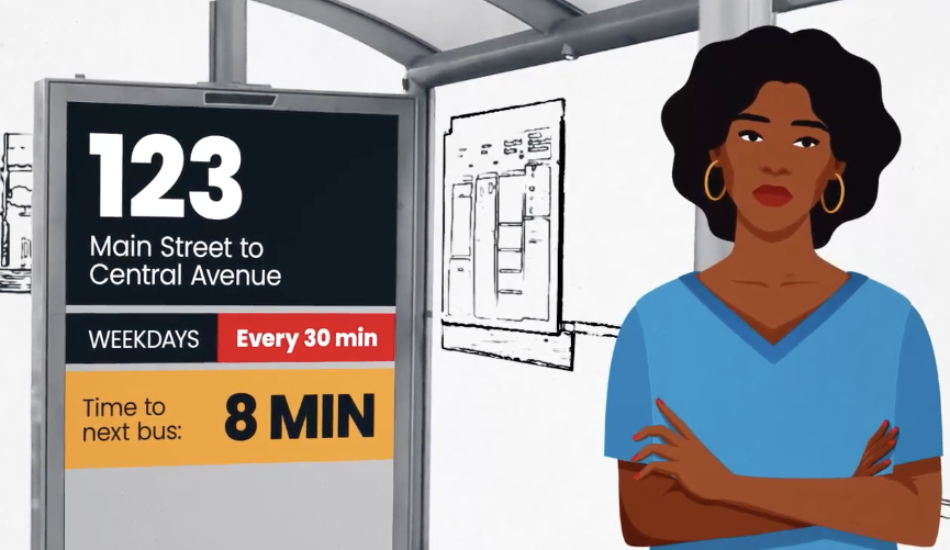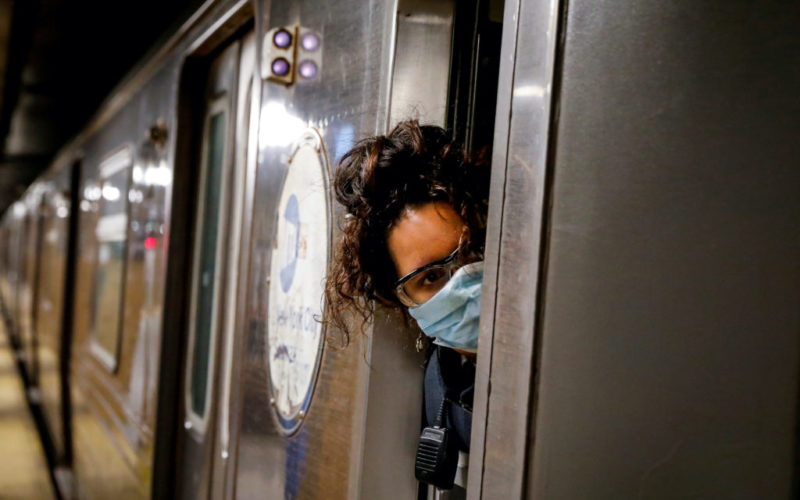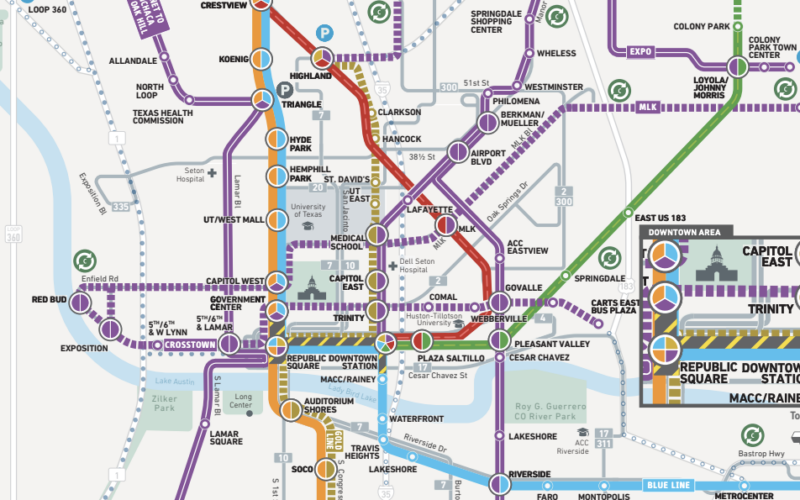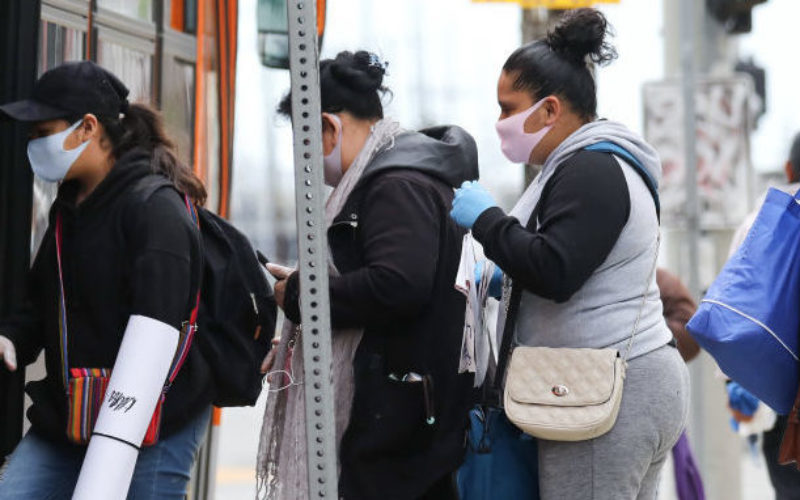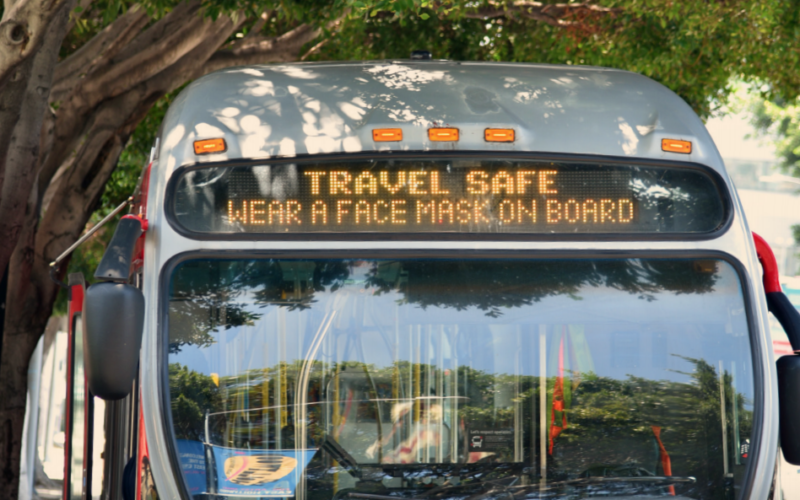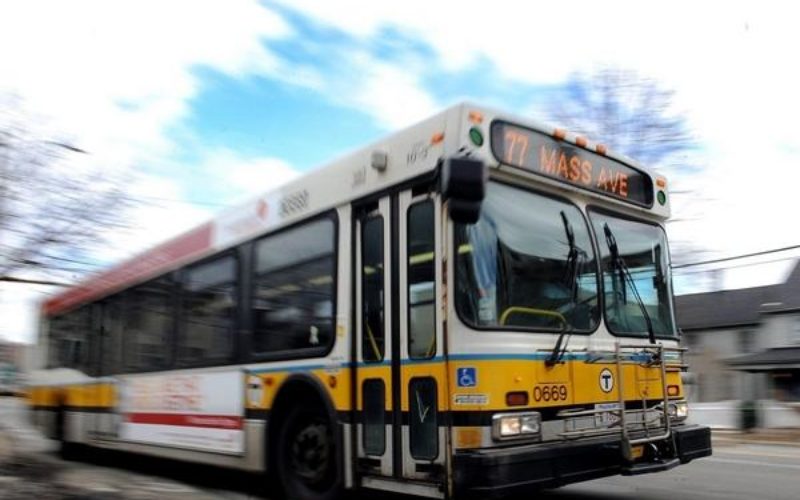Our latest video illustrates how increasing the amount of transit service by 40% can dramatically expand access to good transit and bring many more jobs within reach of riders.
Read MoreOn December 17th, TransitCenter held a ceremony recognizing this year’s Frequency Award winners. Here’s a list of the honorees, and a bit about why their work was so important:
Read MoreEven during a pandemic that has severely reduced transit ridership and created uncertainty about household budgets, voters on November 3 recognized the value of transit and decided to ramp up public investment in their local systems.
Read MoreBefore COVID-19 struck, LA Metro seemed to be turning a corner on bus service with the ambitious network redesign known as NextGen. But the new budget plan signals a return to the days when Metro regularly overlooked the bus riders who make the vast majority of trips on its services.
Read MoreIn a new report, TransitCenter provides a roadmap for policy makers to navigate the COVID-19 crisis, safeguard transit workers and transit riders, and prepare transit to serve a critical role in the recovery.
Read MoreThe MBTA has developed a flexible approach to service provision tailored to the challenges posed by COVID-19.
Read MoreTo meet the needs of people who have been most affected by the pandemic, agencies should go beyond the initial transition to weekend schedules and adapt service in response to shifting travel patterns.
Read MoreDuring the protests against police brutality and anti-Black racism sweeping the nation, transit agencies in numerous cities decided to curtail and suspend transit service.
Read MoreOur latest video presents guidance for service allocation decisions to meet the needs of the millions of riders who continue to rely on transit throughout the crisis.
Read More